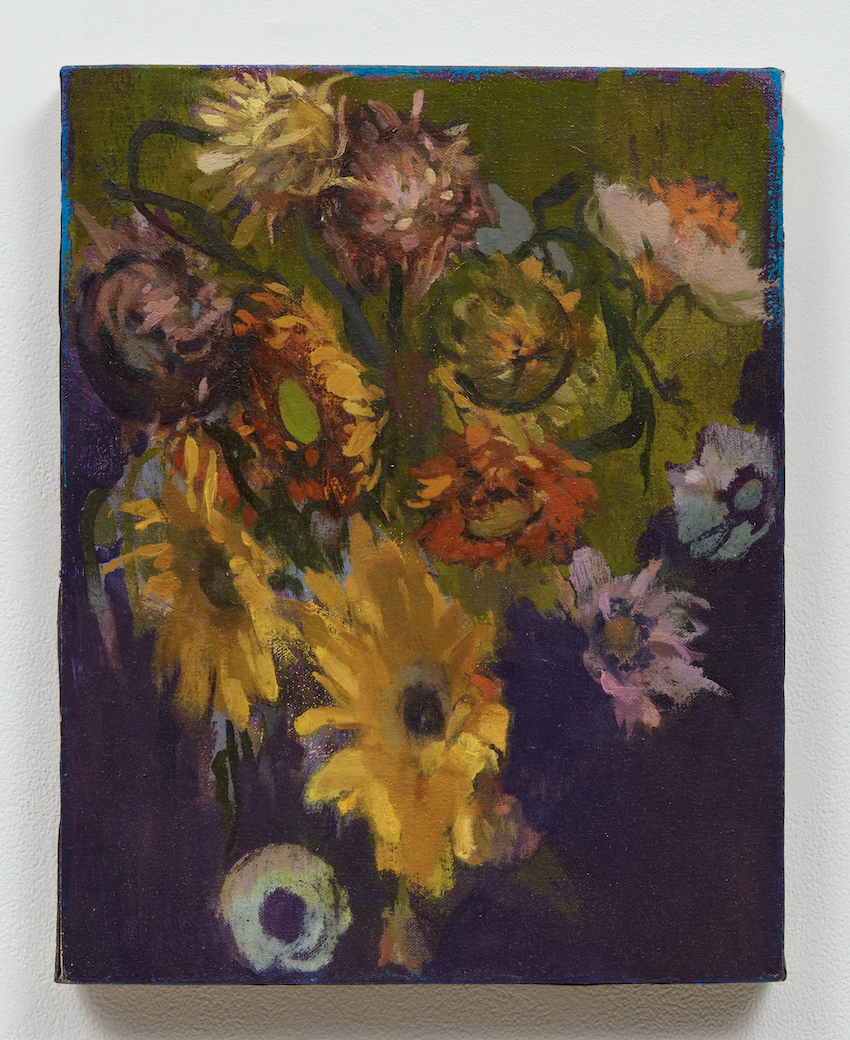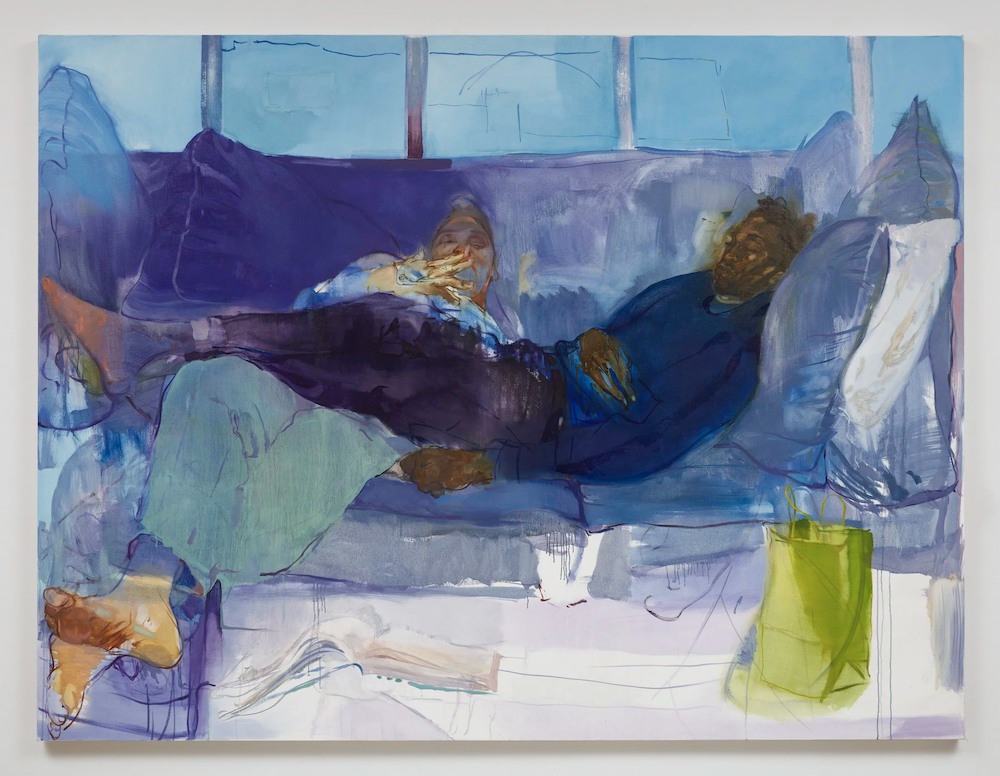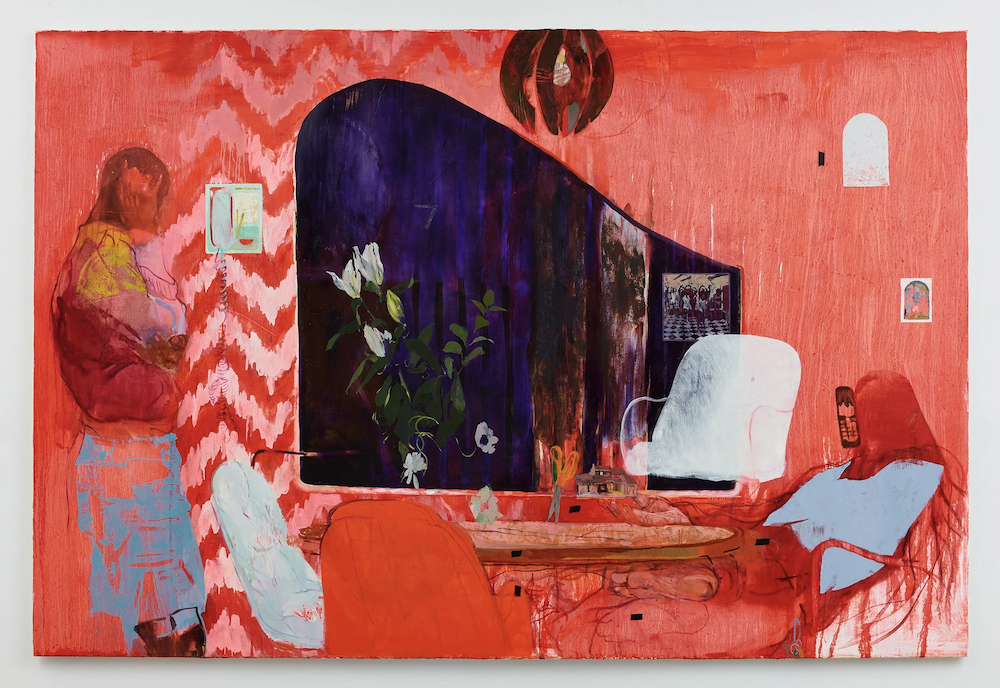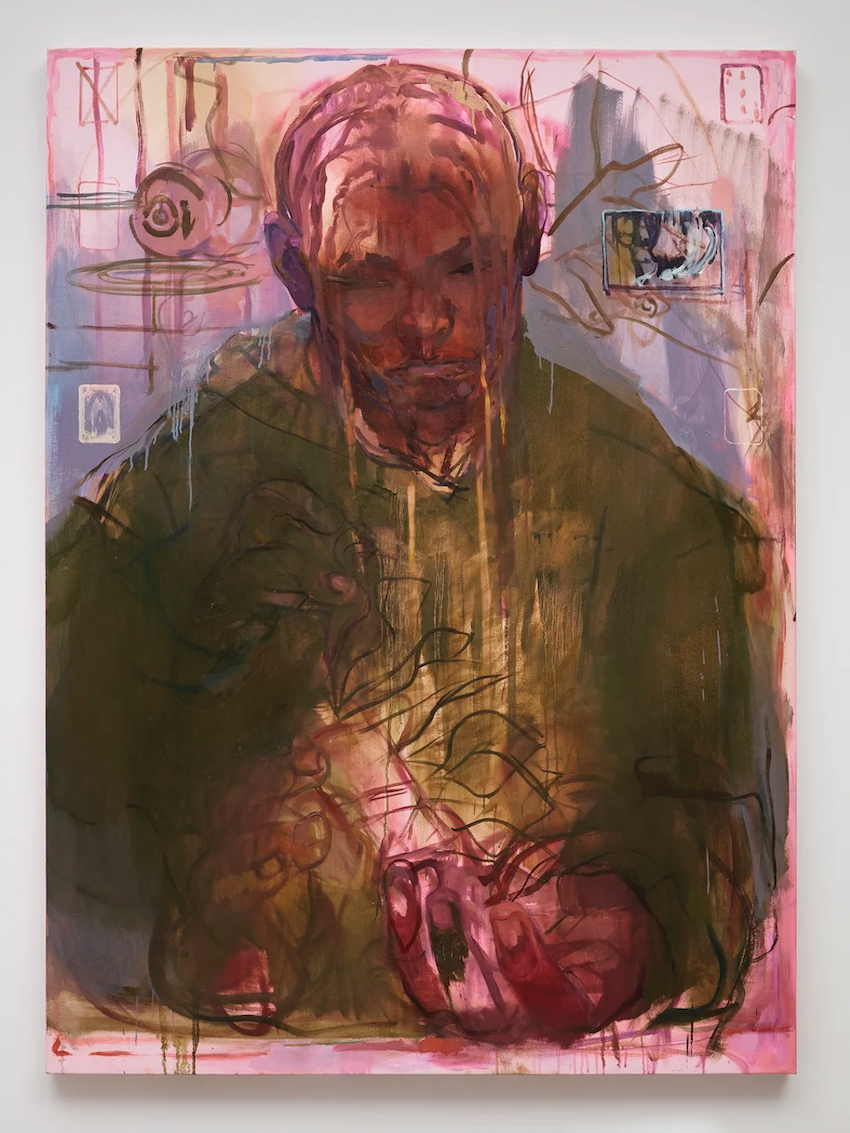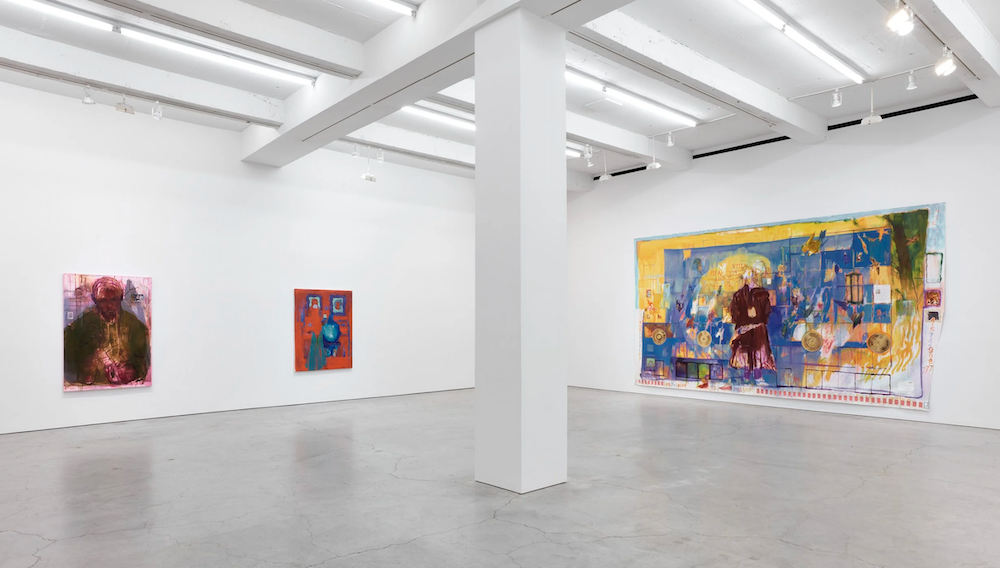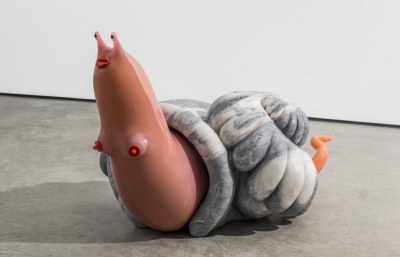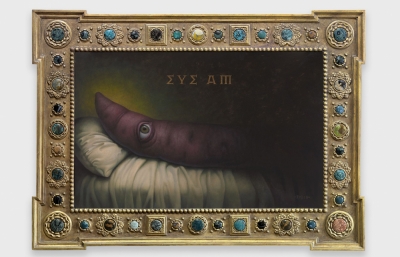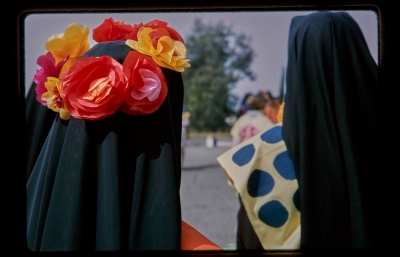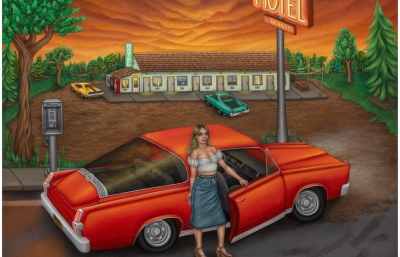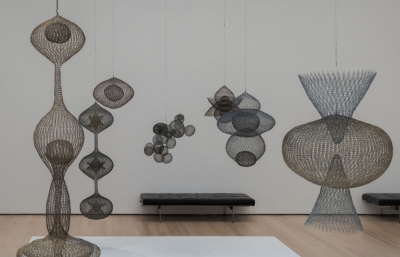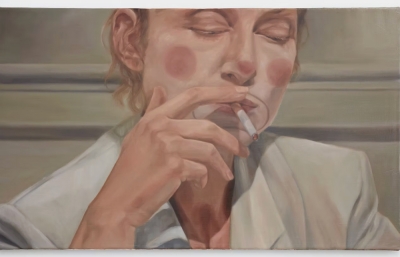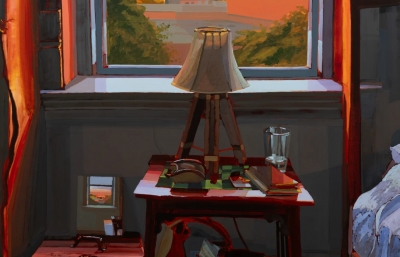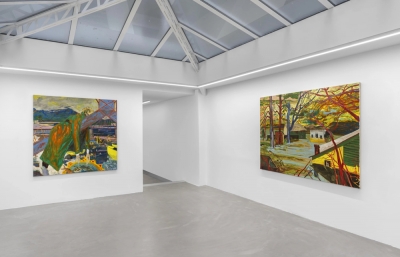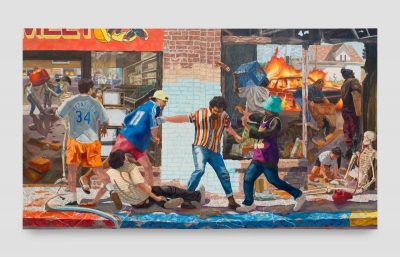“This is an impossible communication, but that's the only kind we want.” —April Freely, 2014, Excerpt from “But Is It An Essay, Voyager Edition”
April Freely passed four years ago. I have since tried to map the tremendous, transformative quality of this profound loss and to desperately rebuild my practice—the force and future of which was and remains inextricably indebted to her love, her life, and her work. This show is not an attempt to render this literally. I do not believe the work can properly contain this.
“One of the values that I think poetry practices with language is that precision matters,” says Elizabeth Alexander. “As human beings, if we have not been seen straight-on or named precisely, we feel ill at ease.” I think, in this regard, of what the stakes of poetic language might teach me about intensity of address in speech, object, and image. What might generous observation, precision of language, representational urgency, and space for error produce? What is it to witness and be recognized in ways that transform quality and clarity of life?
Much of April's writing and poetry addressed the lives of black American women as caretakers and recipients of emotional and physical attention. Black matriarchs are at once integral to and simultaneously rendered invisible within American society, history, and family dynamics. Mothering here is not meant as an abstraction. “I have a mother's range of the absolute,” April writes. “Let a mother be the opposite of doubt.”
This show is about many things, but it was borne out of a deep desire to make work against forgetting, what Chris Abani describes as creating “a common body of remembrance. To build this body out of shared fears, and triumphs, and desires.” But some works can become, for many of us making images, more of a record of what we simply cannot bear to see or say, whether we recognize this quality or not.
So, I write this not to create a causal relationship between my specific grief and the works in this show, but because this poet I love, and those writers I adore, force the boundaries of their vulnerability in ways I envy. —Jennifer Packer, 2025

